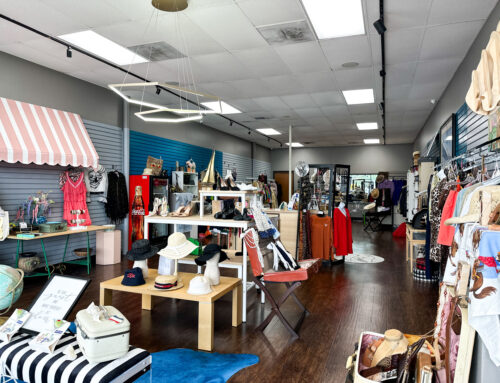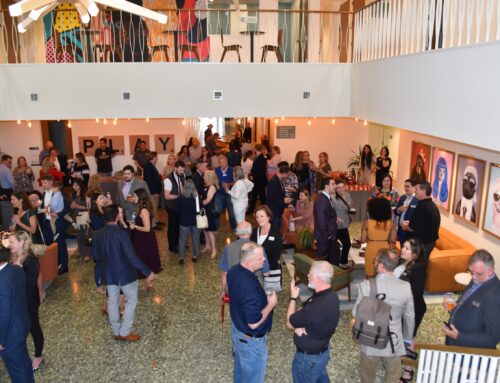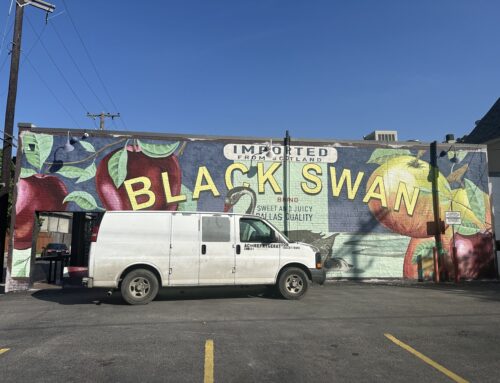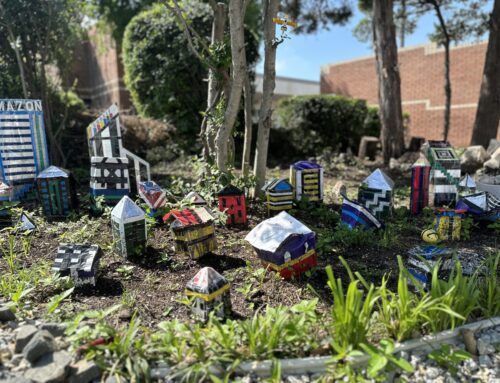
In protest of the Dallas school board’s consideration to close Woodrow and J.L. Long, students argue that their schools are already integrated, in this Sept. 7, 1975, Dallas Morning News photo.
Lou Freeman has led a life of firsts. The Woodrow alum was one of the first black students at the high school, which was one of the first integrated schools in Dallas, but he didn’t stop there. 
In a blog post on Southwest Airline’s website, he wrote about his experience coming to Woodrow, a time of many firsts. “My childhood was pretty normal for a middle class black family in a mostly segregated society until Dallas integrated its schools in 1967.”
Freeman wasn’t exactly happy about new boundary lines taking him away from Madison High School, which was a black school at the time. He says there were only a dozen black students that first year at Woodrow. Although it was a much larger school, Freeman was not to be intimidated.
He writes, “My older brother and I played in the band at Madison, so we tried out for the band at Woodrow. The excellent training and private lessons provided to the white kids was legendary, so the tryout was daunting. We were surprised when the band director, impressed with our abilities, asked who trained us.”
Woodrow was a time of learning and growth for Freeman, but they were not without the challenges of discrimination. He writes, “I was selected cadet corps commander of our ROTC detachment making me the first black student to command Woodrow’s ROTC unit. I later learned that Sgt. Maj. Don E. Bacon, our commandant, fought for that decision because some faculty members didn’t think the other cadets would follow a black student. Not only did they follow, our unit excelled.”
He attended East Texas State University, (now Texas A&M-Commerce) where he continued is ROTC education and joined the Air Force. After six years in the Air Force, Freeman moved back to Dallas and in 1980 interviewed at the local airline, Southwest. He got the job, and though he didn’t know it at the time, he was hired as the first ever black pilot in Southwest. The burgeoning company only had 187 pilots and 20 planes. It flew to just a few places outside of Texas. In his 36 years at the airline, he has seen it become the largest domestic airline, employing 8,000 pilots and flying all over the country.
In his time as a pilot, Freeman has met presidents and secretaries of state, and flown all over the country. His greatest honor though, was one that hit closer to home. As a trailblazer for the Civil Rights movement in Dallas, he would be connected in a special way to one of the greatest figures in civil rights history. He writes,”My most memorable moment came when I was honored to select and lead the crew that flew Rosa Parks on her final tour before her internment. When we flew into Montgomery, Ala., a place that once used high-pressure fire hoses to block African Americans from peaceful protests during the Civil Rights movement, we were greeted with a water cannon salute to honor Rosa Parks.”
Freeman is another one of the many alumni that the Woodrow community should be proud of. His parting words from his blog post ring true for any generation:
“I have experienced many firsts and faced many challenges. My words to you are be honest, work hard, prepare yourself, treat everyone with kindness and respect, and remember every day is an interview. The most important things you can do are ask questions, ask for assistance, and don’t just wait for things to fall in place—take initiative. Don’t be afraid to face challenges as opportunities to grow and learn.”





